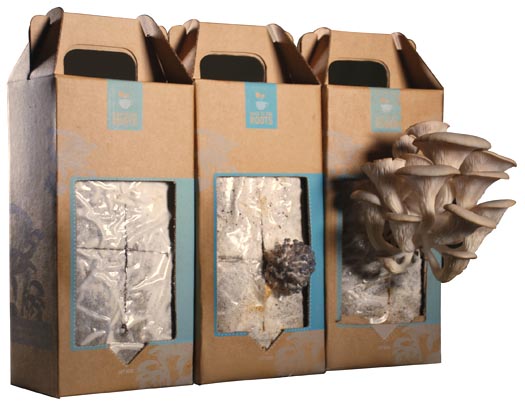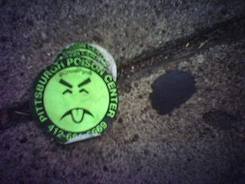Droughts, climate change, and resource-intensive dairy farming have joined forces to make Mexico’s Laguna Region, once well-stocked with ponds, into a semi-arid semi-wasteland. Oh, and the drinking water is full of arsenic and it’s giving everyone cancer. Is this the most cheerful post we’ve ever written? Maybe!
Climate change has led to severe droughts in the Laguna Region — 2010 was the area’s driest year in a century. But dairy farming, the Laguna region’s stock in trade, is extremely water-intensive, especially in Mexico where milk production takes three and a half times as much water as in the U.S. And as aquifers are depleted, concentrations of heavy metals increase.
Arsenic concentrations in Laguna drinking water are as high as 0.08 milligrams per liter — which sounds pretty low until you realize that the World Health Organization recommends concentrations no higher than 0.01 milligrams per liter. So, like, an eighth of that. Predictably, this is all leading to some pretty serious health problems in the Laguna population:
Health experts say the Laguna Region has rates of cancer two or three times the national average.
“We have confirmed an increase in the incidence of certain types of cancer, such as skin and gallbladder, and cases of genetic damage due to arsenic,” said Gonzalo Garcia Vargas, a professor of pharmacology and toxicology at Juarez University in Durango state.
Matilde Suarez, a health worker in Finisterre, Coahuila, said that in her community of 600 people have been suffering the effects of arsenic contamination for more than eight years.
“There are people here with amputated fingers, legs or arms,” a consequence of the poisoning, she said. Several have died.
The government has plans to install filters for the drinking water, but so far only 5,000 out of a planned 40,000 filters have been delivered. And the filters are only for human drinking water, not for cattle, meaning that arsenic could still end up in dairy cows’ milk.



